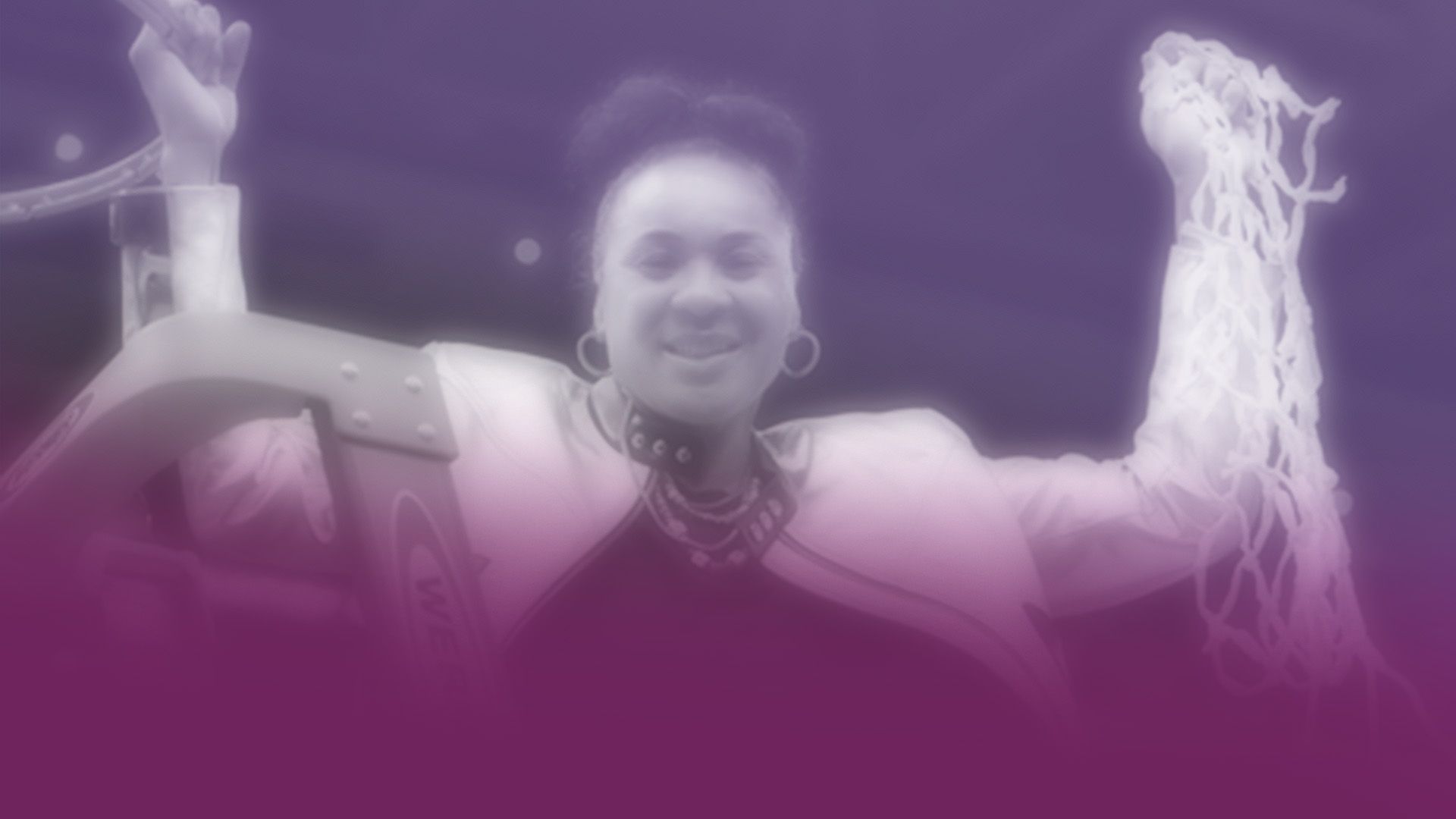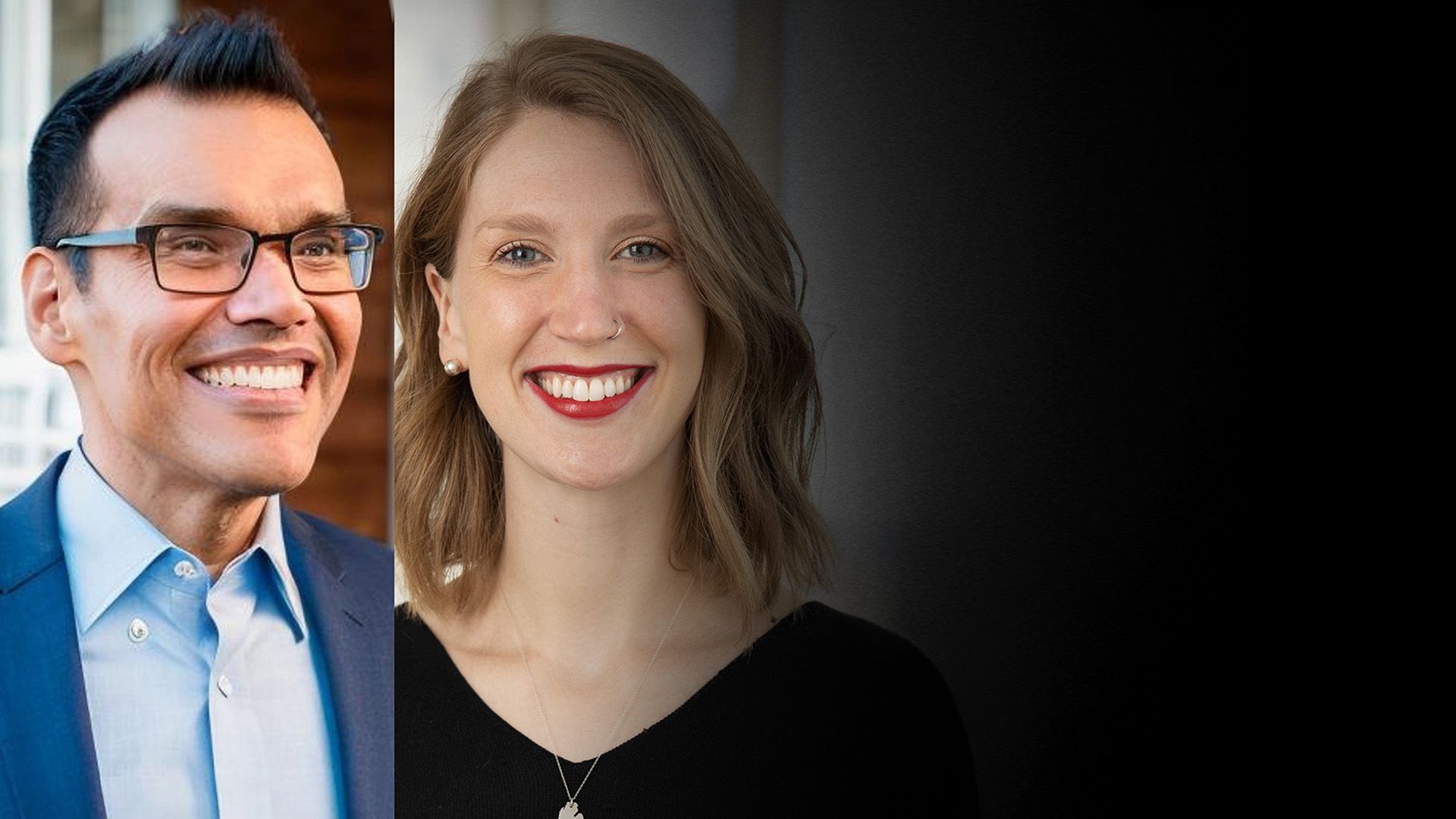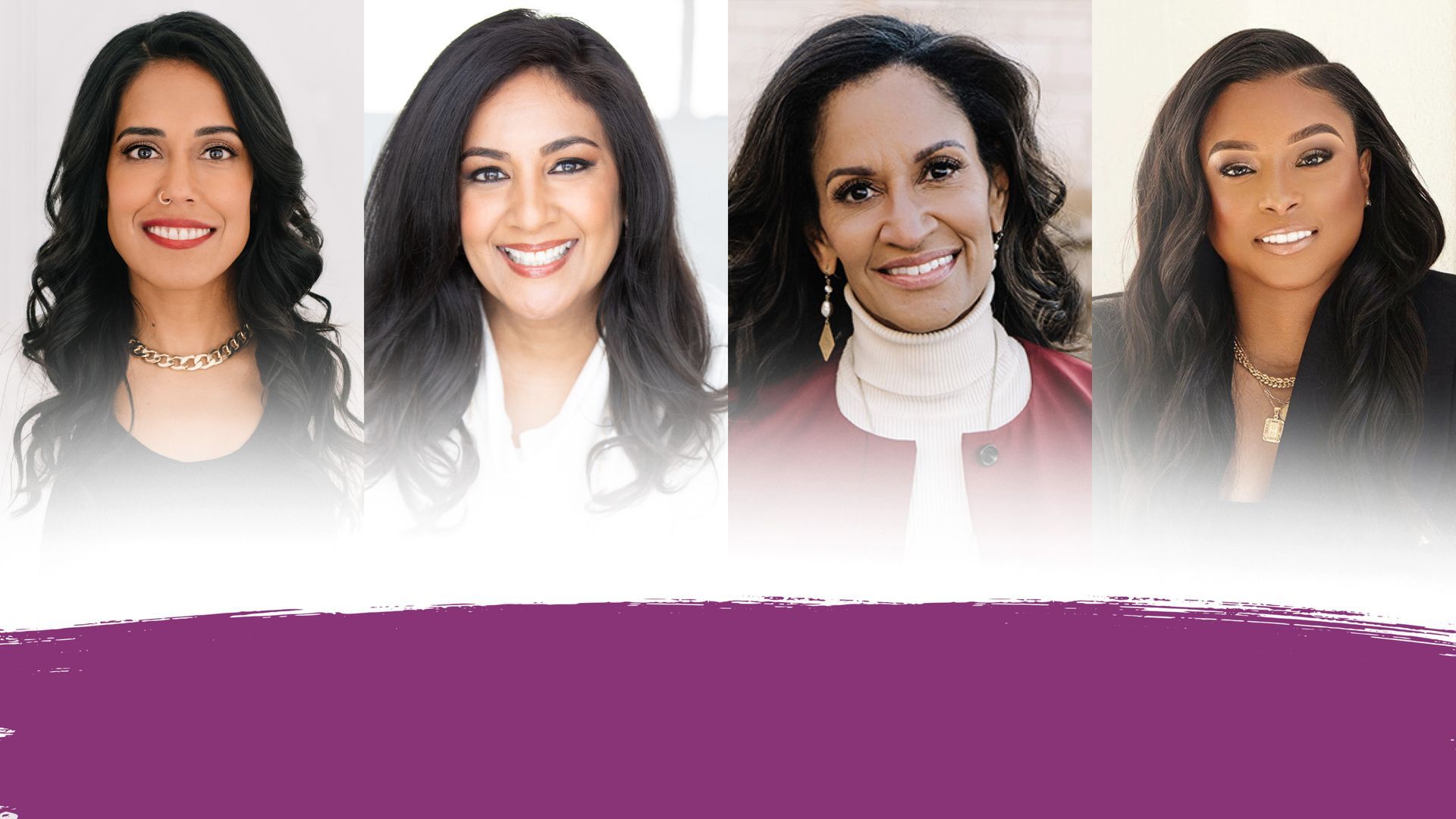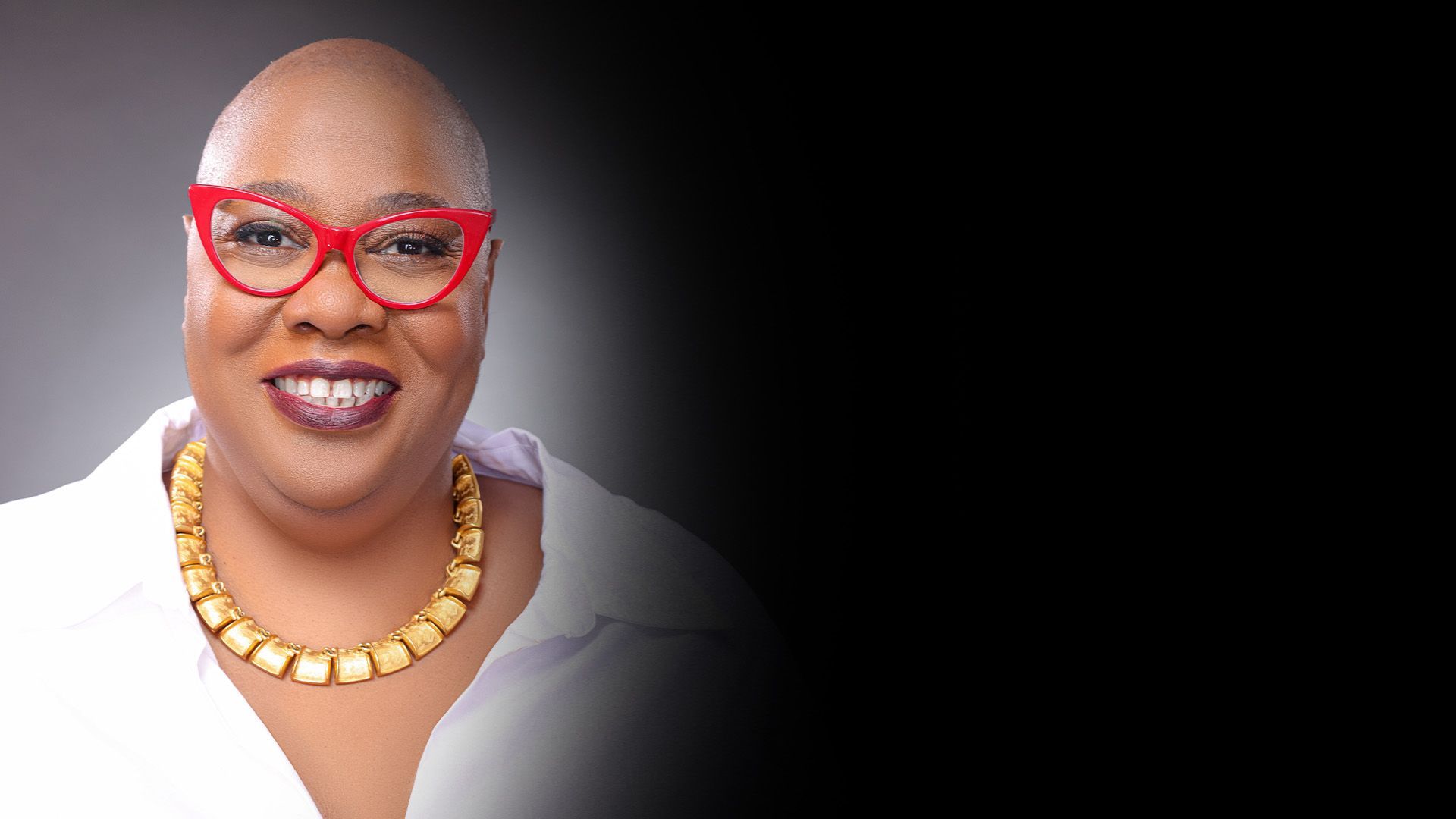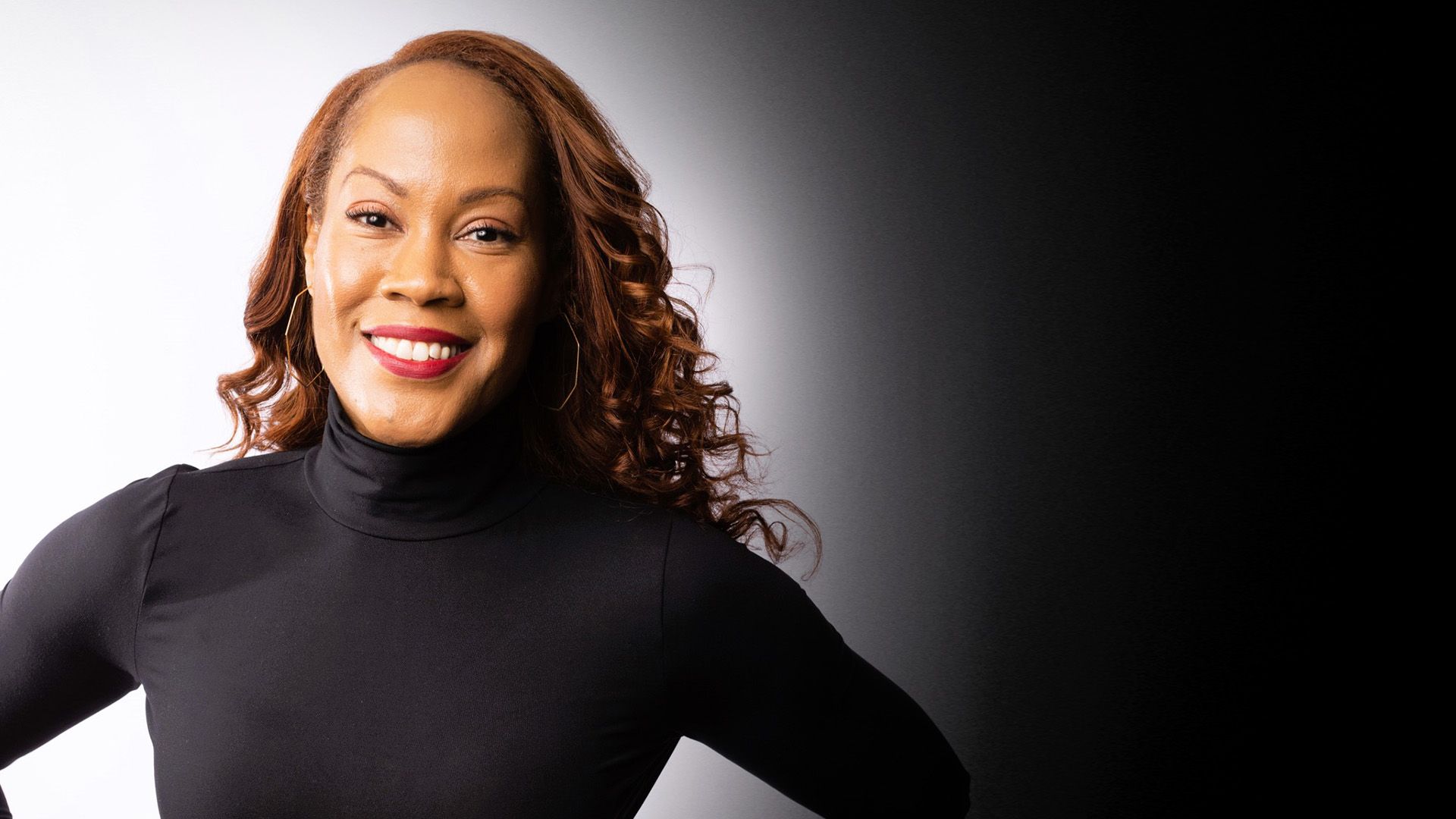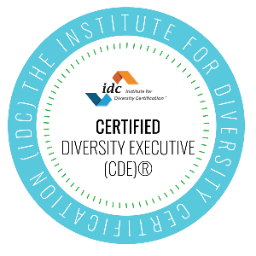Society Is Realizing That Diversity And Inclusion Is Something To Take Seriously
Times are changing in so many ways.
I have noticed, across the board, that numerous organizations are understanding the necessity of having a person on their staff who is dedicated to the function of diversity, inclusion, and equity.
Every week, it seems a new business announces a new diversity officer. Every week, a new article comes out about organizations implementing D&I initiatives. And what’s great is that these organizations are understanding the importance of having a person on staff who has the experience to handle this large responsibility.
Congrats to this!
I’m excited to see how prevalent the industry and profession is becoming. What is that saying about our society?
The Need for Diversity and Inclusion
This growth is showing there’s certainly a need for D&I in the workplace and world. We’re starting to recognize that just as you need accountants and marketing specialists, we need diversity specialists.
A 2018 study from Indeed showed that “diversity and inclusion [job] postings, as a share of all postings in Indeed, are up 18% from the previous year and 35% higher than levels from two years past.”
Diversity and Inclusion is growing. It’s not just a social need, but a business need and there are myriad indicators to show this.
Indicators of Growth in Diversity and Inclusion
1. Positions and Resources:
Organizations and businesses are creating more positions that are specifically designed for this function and discipline. As this CNN article shares
, “The titles may vary — “director of diversity and inclusion,” “chief equality officer” or “head of diversity, inclusion and belonging” — but more organizations are realizing this is something that matters to their employees.”
Businesses are aligning their resources by outsourcing their strategic work to consultants who can help them chart a pathway around success to develop a strategy for D&I.
Even if organizations aren’t quite ready to commit to a full time professional to oversee D&I—due to financial or functional limitations—what they are doing in the interim is calling on consultants to help facilitate that work.
2. Increase in Conferences
We are starting to see a number of conferences across the nation themed around D&I. I am personally seeing calls for speaker proposals and invites left-and-right. This means more people involved, more people gaining expertise, and more high-level connections being made. I know the excitement firsthand planning a full day conference for one of clients, Greenville Chamber as they host their third annual Diversity and Inclusion Summit: Beyond the Surface.
Just look at these first results on a quick Google Search for D&I conferences :
Conferences are growing because people are finding they need to identify and align with opportunities so their leaders can grow in development around D&I. This is key. It says that—we see this not only as the necessity of hiring someone for that work, but we need to prep everyone in the organization, particularly our leaders, on D&I as a role and leadership competency.
3. More Higher Learning institutions.
Higher education and learning institutions are creating certification programs and degree programs that have an emphasis on multiculturalism, diversity, inclusion, and organization leadership with a specific emphasis on D&I.
Schools such as University of Michigan, Northwestern University, Portland, Purdue, University of Denver, and more are implementing these programs.
There are different names for these types of curriculum and certifications, but the fact that these education platforms are creating that space is a great indicator. With educational backing comes greater expertise in learning, real credentials, and pathways towards a sustainable workforce and leadership capabilities.
4. Certifications.
Another good indicator is that entities are providing certifications.
For example, I am certified through the IDC ( Institute for Diversity Certification
) and I am a CDE (Certified Diversity Executive). Top universities like Cornell have a program that certifies people in D&I, and it’s wonderful to see proper certifications growing with vetted curriculum, processes, expertise, and support.
In the same way that HR professionals have to get certified and have continuing education hours to keep their credentials… were seeing this happen in the field of D&I as well.
5. Personal Reachout.
Professionals in other careers who are drawn to D&I have been reaching out to me, constantly. This has been a networking conversation around— what does that D&I pathway look like? How do I break into that industry? What are best practices for my industry to operationalize D&I?
They want to be involved and connected in creating that level of inclusion in their respective organizations and society in general. Just the fact that so many people from different industries are interested and concerned about D&I is a great sign for moving the needle forward. And it makes me excited for the future to see all these people interested in the topic and discipline.
6. Organizations Existing Specifically for Greater Inclusion
Another positive sign of this shift is the number of organizations and institutions that exist specifically
for racial equity and inclusion.
Multiple different organizations exist solely for the purpose of trying to create greater inclusion— for example, The Haas Institute for a Fair and Inclusive Society
at the University of Berkley. From their website:
“The Haas Institute for a Fair and Inclusive Society at UC Berkeley brings together researchers, organizers, stakeholders, communicators, and policymakers to identify and eliminate the barriers to an inclusive, just, and sustainable society in order to create transformative change.”
These types of organizations keep popping up and they tend to be more prevalent and organized from what I remember from the past. That space is growing. The level of attention that is deserved is certainly picking up and the increased attention is getting noticed.
7. Social Media
Lastly, social media is another huge indicator. A simple example is — as memes continue to be created and shared throughout social media platforms, we’re finding an increased number of messages themed around diversity and inclusion (although maybe
I’m paying extra close attention to those hashtags and feeds!).
This social media presence is not only being posted and shared by the organizations who do that work—but also by regular people who seem to be in other professions (or walks-of-life) all together. People are finding it appropriate to comment, share, and like all these inclusive memes!
It’s becoming more prevalent. And it’s a good sign for society.
Embrace The Future of D&I
So my summary suggestion for all of this is… embrace it
! Let’s embrace this shift in society, in education, in economy, and in business. Let’s follow the lead and amplify it even more—so it continues to grow in an organic way. We need people poised and experienced for this movement and for this shift to be sustainable. We can’t just fumble through it.
We need the growth to operate from society’s standpoint, and not just those “inside the work”.
I always say, one of my big life goals is to “work myself out of a job”. It’s aspirational because it states that I want to—and others do as well—live in a society where we don’t have to force or fight for inclusion.
Have you felt this shift? Share any observations in society or business you’ve noticed.
Best,
Nika
The post Society Is Realizing That Diversity And Inclusion Is Something To Take Seriously appeared first on Nika White Consulting.

